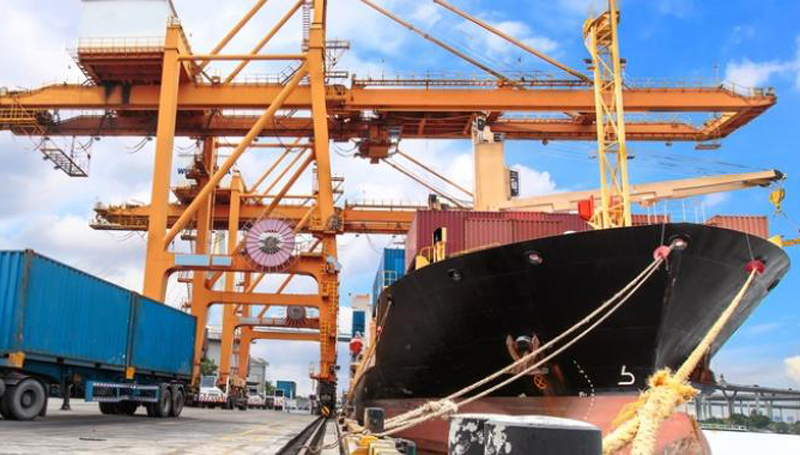President Abdel Fattah El-Sisi has issued a decree to establish a special economic zone on an area of 460-square-kilometres in the Suez Canal area.
The new zone will be bounded by east and west Port Said ports, the al-Qantara industrial zone, the Technological Valley in Ismailia and ports new cana of al-Adabia, Ain Sokhna Arish and El-Tor, accordin04g to the decree.
The cost to set up the infrastructure network required of the Suez Canal area will be funded through establishing development projects within the area, Investment Minister Ashraf Salman told the local press. The cost of the infrastructure is expected to be around $40 billion.
This decree marks the second step in developing the area into an industrial and logistics hub. The first was inaugurating the new waterway parallel to the Suez Canal in what is known as the “New Canal”.
The main aim of the new Canal is to minimize the amount of time ships spend crossing the waterway. Additionally, the Suez Canal was made deeper and wider to admit larger ships.
With the number of ships passing through the Canal expected to increase from 49 to 97 within 8 years, the revenues are expected to double the Suez Canal revenues from $5.3 billion to $13.3 billion in 2023.
However, credit ratings provider Moody’s expects “only limited credit-positive effects” for Egypt in the current fiscal year, in light of the expansion of the Suez Canal.
“The degree of support [for Egypt’s credit quality] will depend on an acceleration in global trade growth, which seems unlikely to materialize quickly,” a Moody’s statement said.
Moody’s mentioned it expects Egypt’s external current account balance to post a deficit of nearly 3 per cent of the gross domestic product in the current fiscal year.


